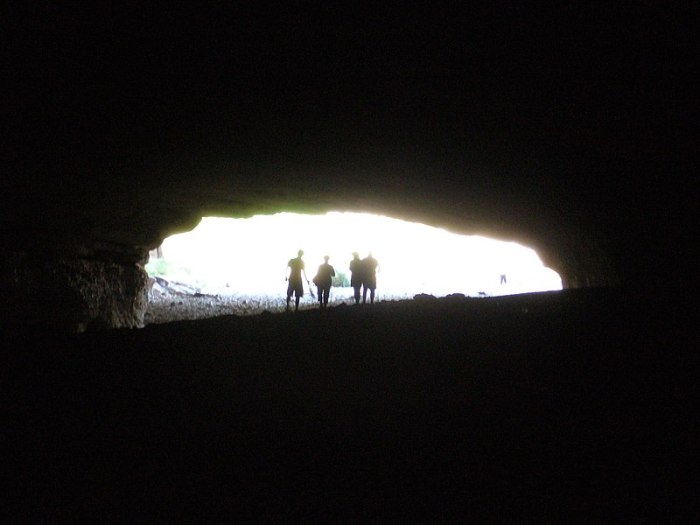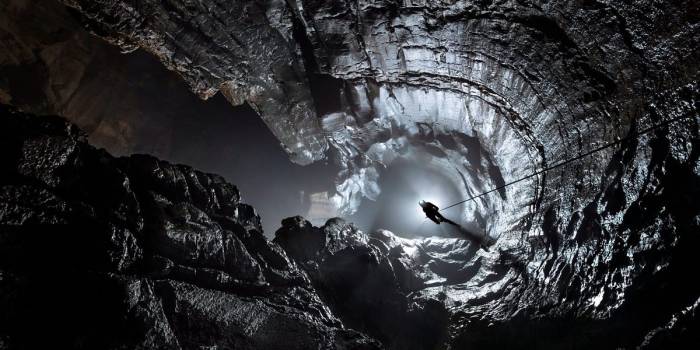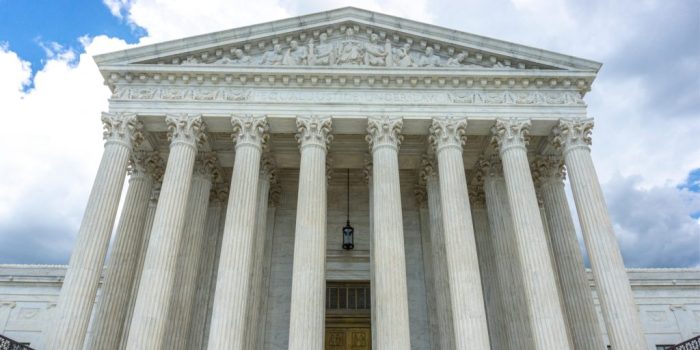The case of the speluncean explorers summary invites us on an intellectual journey that delves into the depths of legal precedent, ethical considerations, and the complexities of human nature. As we navigate this captivating narrative, we will encounter profound questions that challenge our understanding of justice, responsibility, and the boundaries of survival.
This intricate case study unfolds within a subterranean labyrinth, where a group of explorers faces a life-altering predicament. Their entrapment and subsequent actions ignite a fierce debate that has reverberated through the annals of legal and ethical discourse.
Legal Precedent and Ethical Considerations

The concept of legal precedent refers to the principle that prior court decisions serve as authoritative sources of law for subsequent cases involving similar facts and legal issues. In the case of the speluncean explorers, legal precedent can be used to establish the legal principles that apply to the case and to predict how a court might rule.
The ethical dilemmas faced by the explorers include the question of whether they were justified in killing one of their own to save the others, and whether they should be held criminally responsible for their actions. The legal implications of their actions depend on the specific circumstances of the case and the legal definitions of murder, manslaughter, and self-defense in the relevant jurisdiction.
Examples of similar cases that have influenced the legal framework include the case of Regina v. Dudley and Stephens, in which two sailors were convicted of murder for killing and eating a cabin boy after being shipwrecked. The case of R v Brown, on the other hand, established the defense of necessity in English law, holding that a person may be justified in killing another person if it is necessary to prevent imminent and serious harm to themselves or others.
Analysis of the Explorers’ Actions

The events leading up to the explorers’ entrapment began when they entered a cave without adequate supplies or equipment. As they ventured deeper into the cave, a rockfall blocked their exit, trapping them inside. After several days, their food and water supplies ran out, and they began to starve.
The explorers’ decision-making process was influenced by a number of factors, including their fear of dying, their desperation to escape, and their beliefs about the value of human life. Some of the explorers argued that they were justified in killing one of their own to save the others, while others believed that this would be murder.
The legal definitions of murder, manslaughter, and self-defense vary from jurisdiction to jurisdiction. In general, murder is defined as the unlawful killing of another person with malice aforethought. Manslaughter is a less serious crime than murder, and it is typically defined as the unlawful killing of another person without malice aforethought.
Self-defense is a defense to murder or manslaughter that is available when a person kills another person in order to protect themselves or others from imminent harm.
The Role of Social Contract and Necessity

The concept of social contract refers to the idea that individuals give up some of their freedoms in exchange for the benefits of living in a society. In the case of the speluncean explorers, the social contract could be said to have been broken when the explorers were trapped in the cave and their lives were put at risk.
The defense of necessity is a legal defense that is available when a person breaks the law in order to prevent imminent harm to themselves or others. In the case of the speluncean explorers, the defense of necessity could be used to argue that the explorers were justified in killing one of their own to save the others.
The extent to which the explorers’ actions were justified under the circumstances is a matter of debate. Some people believe that the explorers were justified in killing one of their own to save the others, while others believe that this was murder.
Frequently Asked Questions: The Case Of The Speluncean Explorers Summary
What is the significance of legal precedent in the case of the speluncean explorers?
Legal precedent plays a crucial role in shaping the legal framework that governs the case. It establishes principles and guidelines based on previous rulings, providing a foundation for legal reasoning and decision-making.
How does the concept of social contract apply to the explorers’ actions?
The social contract theory suggests that individuals surrender certain freedoms to society in exchange for protection and order. In extreme situations, such as the one faced by the explorers, the limits of this contract are tested, raising questions about the extent of individual rights and responsibilities.
What philosophical perspectives can be applied to the ethical dilemmas in the case?
Various philosophical theories, such as utilitarianism, deontology, and virtue ethics, offer different lenses through which to examine the ethical implications of the explorers’ actions. These perspectives provide frameworks for evaluating the morality of their choices and the consequences of their decisions.